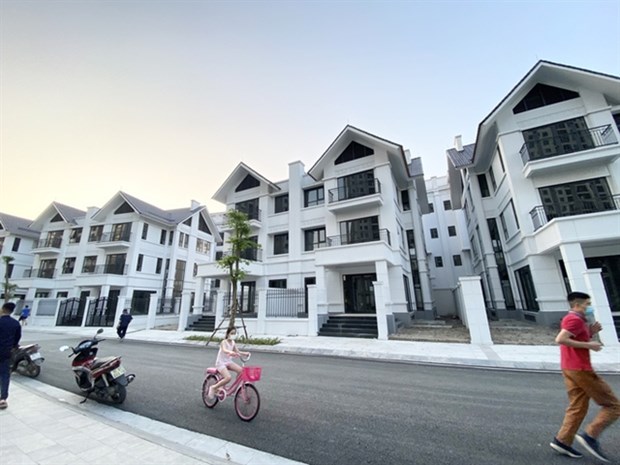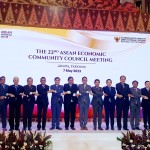Tổng số bài đăng 471.
 Vietnam will study the imposition of a tax on homeowners and increase taxes on land to prevent speculation and increase the land-use efficiency, as part of a comprehensive tax reform strategy for 2030 which was approved on April 23.
Vietnam will study the imposition of a tax on homeowners and increase taxes on land to prevent speculation and increase the land-use efficiency, as part of a comprehensive tax reform strategy for 2030 which was approved on April 23.
This tax was also mentioned in the Finance Strategy to 2030, approved in March.
The proposal about the imposition of an asset tax on second homes emerged recently over worries that real estate speculation is causing the market to overheat. In response to this, the Ministry of Finance denied rumours that it was developing a draft law on property assets, as experts said that it was not the right time as it might hurt the property market and the COVID-19-hit economy.
Under the tax reform strategy, tax on agricultural land would continue to be exempt until 2025 to promote agricultural and rural development. For the tax on non-agricultural land, an increase would be put into consideration.
Taxes on homes would also be studied to promote efficiency in using lands and houses, prevent speculation and ensure reasonable revenue to the budget.
Another spotlight of the tax reform strategy was giving incentives in corporate income tax to small and micro-sized enterprises.
Corporate income tax exemption and reduction incentives would be reviewed and those no longer consistent with the development and integration requirements would be amended or removed.
The tax policies would also aim to attract foreign investment with a focus on quality rather than quantity.
The personal income tax would also be reviewed for amendments of tax rates to ensure appropriateness to taxable income and the accordance with the nature of each type of income.
Regarding the value-added tax, a roadmap for increases in value-added tax would be studied. The regulation related to tax reduction and tax refund would be reviewed to ensure transparency and consistency with relevant regulations.
A roadmap to increase the special consumption tax on tobacco, beer and alcohol would also be put into consideration.
For export and import tax, the number of tax rates would be reduced to simplify the import-export tariffs, from currently 32 to 25 in 2025 and 20 in 2030. In addition, the import and export tax policies would also promote exports, increase domestic added value and limit the export of raw materials and resources.
Appropriate tax incentives would be raised to promote the development of spearhead industries, and part-supply industries and prioritise sectors to ensure compliance with the country’s socio-economic development orientations in each period.
The tax policies on natural resources and environmental protection would also be reviewed under the reform strategy.
In the 2021-2025 period, the tax policies would focus on providing support to enterprises and residents to overcome difficulties and recover business and production after the COVID-19 pandemic.
The strategy aimed to build a modern, streamlined, transparent and efficient tax management system together with the application of information technology and administrative procedures simplification to reduce compliance costs for enterprises and residents./.
Source: Business Forum Magazine












